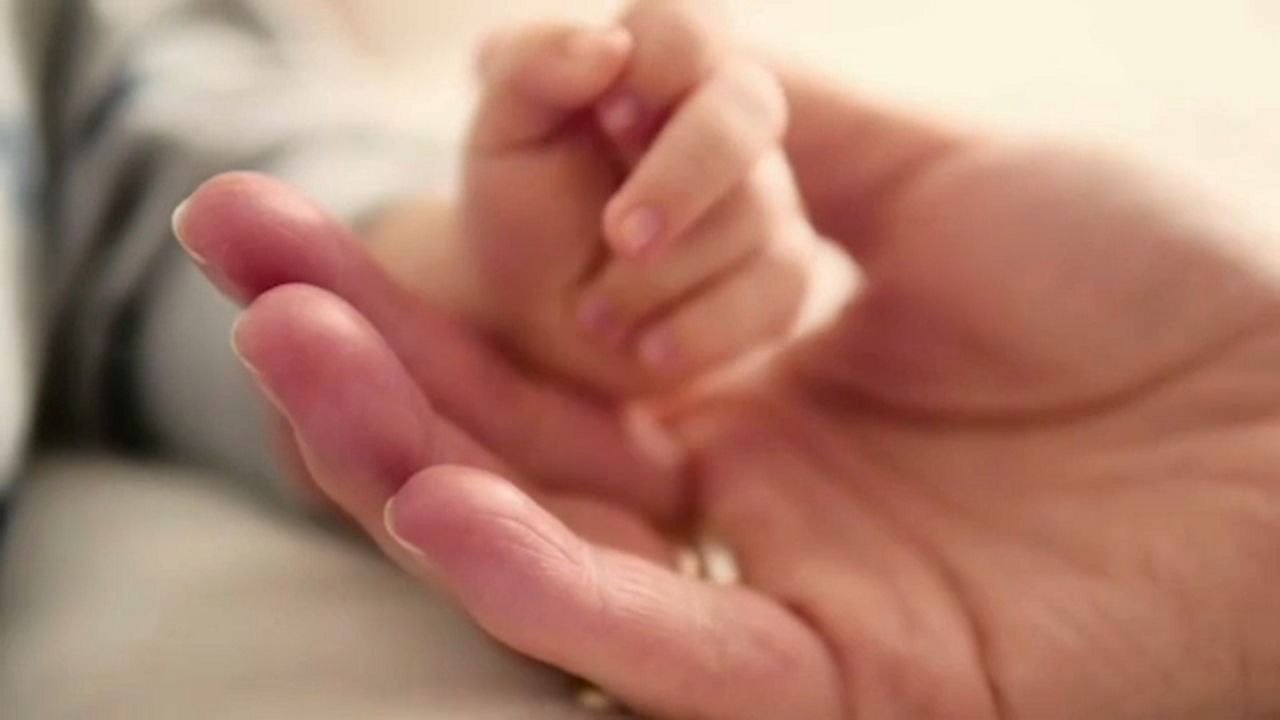Editor's note: Mental Health Musings (MHM) will focus on community resources and stories throughout the duration of the COVID-19 pandemic and ongoing protests against police brutality.
The COVID-19 pandemic continues to impact every aspect of Americans’ lives: Changing how we vote, attend school or work, socialize with friends, and even how we give birth and the days, weeks, and months after.
“They’re not able to have people come into their homes and help them as much in terms of holding the baby so that they can shower or have people come over to make dinner or help with the laundry,” Lori Badach, a licensed clinical social worker, said.
In addition, new mothers may also now be responsible for helping their older children with virtual learning, she said.
The postpartum period is already challenging for new mothers without these stressors from the pandemic.
Between 60 to 80 percent of women will experience the baby blues, a change in mood that starts one to three days after delivery. Symptoms include sadness and fatigue, but typically disappear after two weeks postpartum.
But 10 to 20 percent of new mothers experience postpartum depression and 1 to 2 percent experience postpartum psychosis, according to the Postpartum Resource Center of New York.
Adding the isolation and stressors of the COVID-19 pandemic can exacerbate these issues during the postpartum period.
Two Western New York nonprofits, Compeer and WNY Postpartum Connection, launched a pilot program to combat the isolation that mothers felt before the pandemic and now feel more so during the pandemic.
“One thing I noticed with my practice is that I had women who were empty nesters and women who were new mothers both looking for some support,” Badach, who is one of three founders of WNY Postpartum Connection, said. “I immediately realized that there was a need to connect these two groups of women and Compeer is already established in doing that...It just seemed like a perfect fit.”
The pilot launches with 10 volunteers who are matched with 10 clients this December and will last a full year until December 2021, said Lisa Johnson, director of volunteer engagement at Compeer.
Volunteers must be over the age of 18 and have postpartum experience, but it does not have to be their own postpartum mood or anxiety disorder diagnosis. They will be trained to help foster a healthy relationship with the client they are matched with.
As of October 22, there are already seven volunteers.
Women who are interested in participating must be seeing a mental health professional for a postpartum diagnosis and have that professional refer them into the program. The program aims to connect women who don’t have family in the area, are estranged from their family or just need to build up their social support system.
“Living with any mental health diagnosis can be very isolating,” Johnson said. “When you add being a new mother on top of that and learning navigating this new life you’re responsible for, having someone to talk to, even just listen to on the other end so you can have a timeout is really important just to have that go to person.”
The COVID-19 pandemic changed how the program will be implemented, but they will be flexible on how the connection will happen, citing that volunteers and clients can do video chats, phone calls and meet up safely through social distancing events outside, she said
A postpartum mental health diagnosis can range from postpartum depression, anxiety or even psychosis. With early treatment, most postpartum mood disorders are curable.
For help finding resources from supportive services to a mental health provider during the postpartum period, visit WNY Postpartum Connection.
“It’s normal to have all sorts of different feelings after having a baby, but it’s not something you have to just grin and bear and power through it,” Badach said.
To learn more about joining the program reach out to Compeer’s Lisa Johnson at (716) 883-3331 x 312 or by email at lisa@compeerbuffalo.org.



